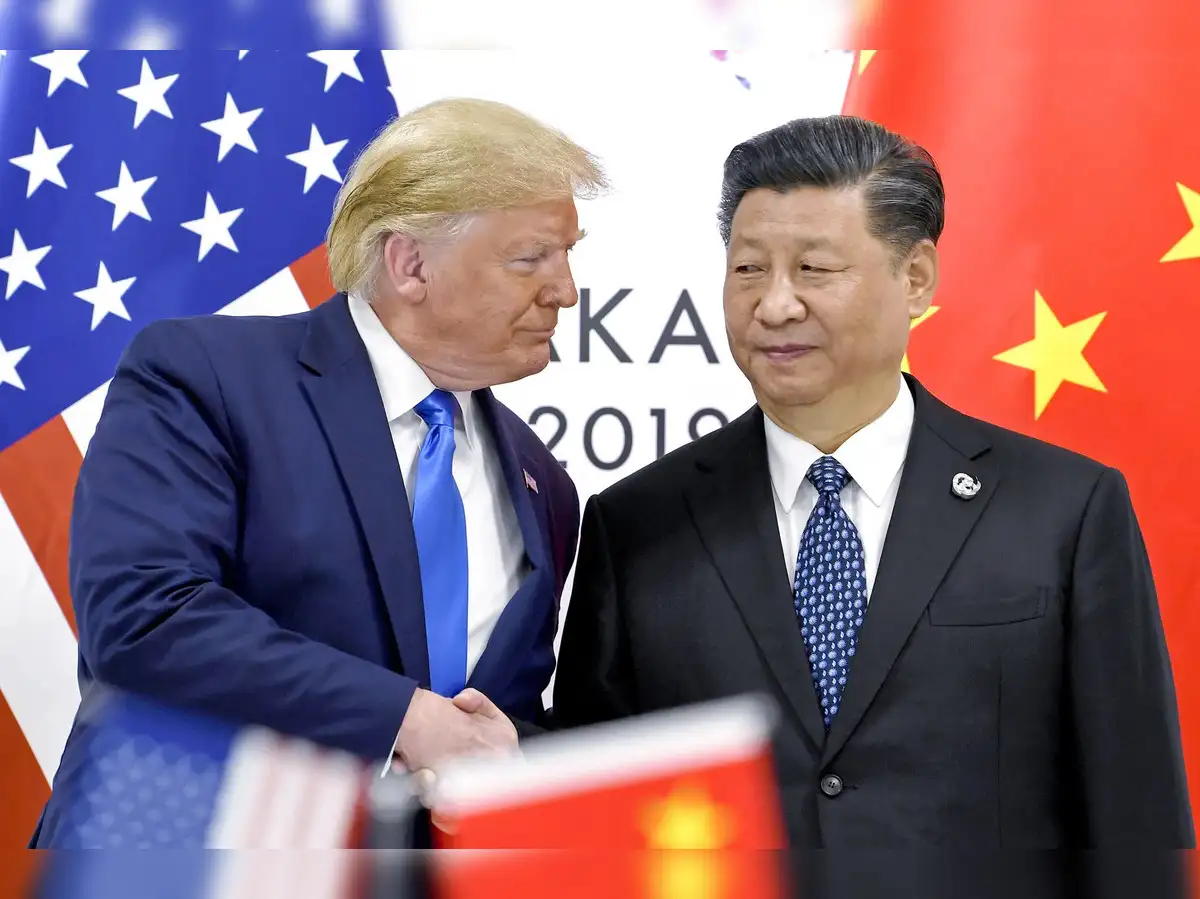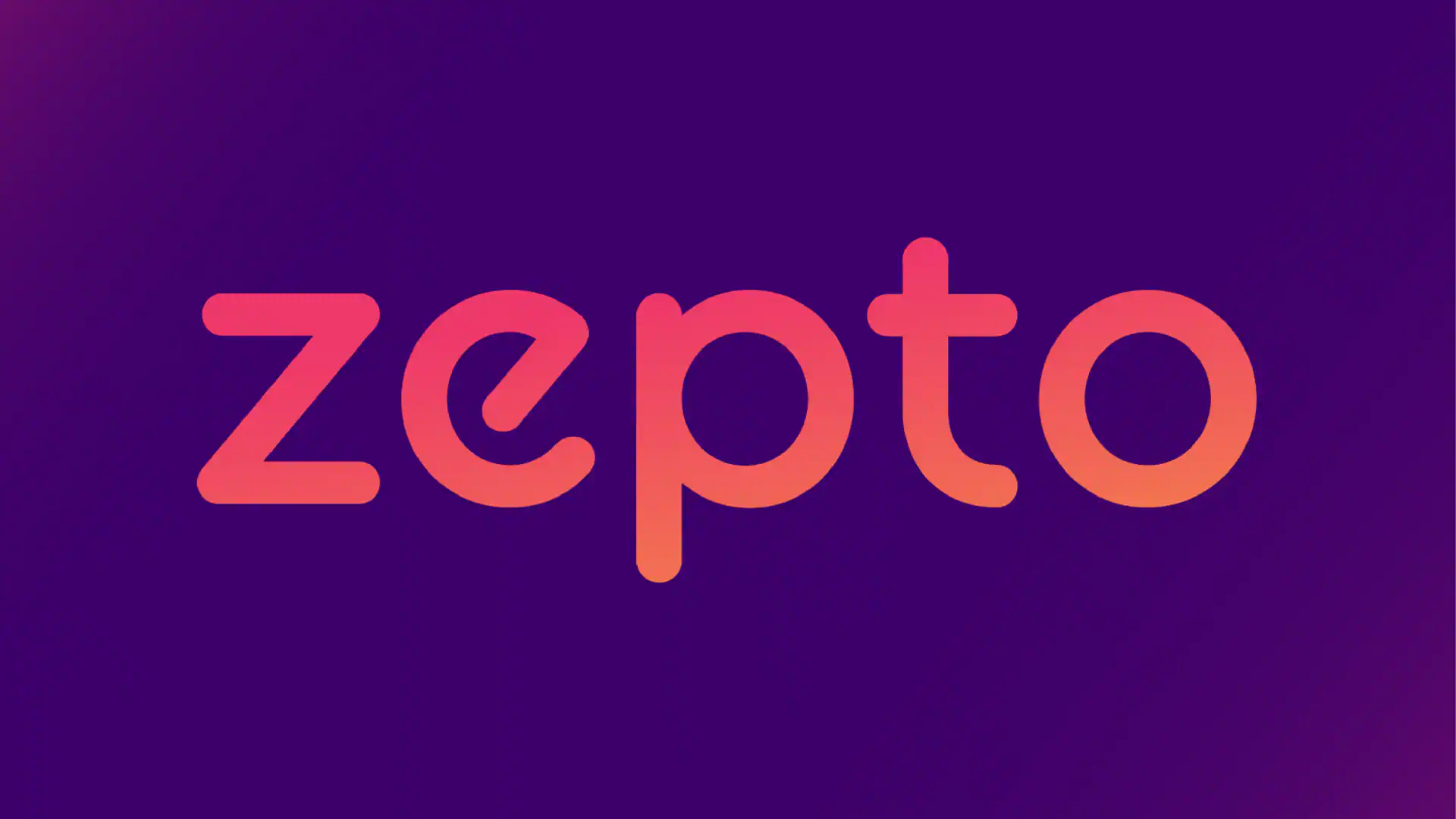By Reuters Last Updated
Copyright indiatimes

The US will go ahead with a ban on short-video app TikTok if China doesn’t drop demands for reduced tariffs and technological restrictions as part of a divestiture deal, a senior US official with knowledge of negotiations said on Monday. US and China delegations are discussing the divestment from TikTok by Chinese owner Bytedance as part of a round of broader talks on tariffs and economic policy taking place in Madrid. TikTok faces being shut down as early as September 17 in the US unless it moves to US ownership. The Chinese delegation came to the Madrid talks with a fundamental misunderstanding of the US position on TikTok, said the US official, who asked not to be named. Speaking to reporters earlier, US Treasury Secretary Scott Bessent and US Trade Representative Jamieson Greer said China wanted concessions on trade and technology in exchange for agreeing to divest from the popular social media app. “Our Chinese counterparts have come with a very aggressive ask,” Bessent said, adding: “We are not willing to sacrifice national security for a social media app.” The US-China negotiations at the Spanish foreign ministry’s baroque Palacio de Santa Cruz, which began on Sunday, are the fourth round of talks in four months to address strained trade ties and a looming divestiture deadline for TikTok. They take place as Washington demands that its allies place tariffs on imports from China over Chinese purchases of Russian oil, which Beijing on Monday said was an attempt at coercion. “This is a typical act of unilateral bullying and economic coercion, a serious violation of the consensus reached by the Chinese and US heads of state in their phone call, and could severely impact global trade as well as the stability of industrial and supply chains,” a Chinese Commerce Ministry spokesperson said in a press conference in Beijing.Progress on technical detailsBessent said both sides in the talks had made good progress on technical details. Extending the TikTok divestment deadline would depend on how talks went on Monday, he said. “From the Chinese perspective, they view as part and parcel of the potential TikTok deal a variety of matters, whether it’s tariffs or other measures that have been taken over years,” Greer said. Chinese Foreign ministry spokesperson Lin Jian said China had no new information to give. “Regarding TikTok, China has repeatedly stated its position,” Lin said at a press conference in Beijing on Monday. Adding further tension, China’s market regulator said on Monday that a preliminary investigation of Nvidia had found the US chip giant had violated its anti-monopoly law. The probe is widely seen as a retaliatory shot against Washington’s curbs on the Chinese chip sector. China is reluctant to divest from TikTok because it would open the door for more forced sales of Chinese companies in the West, said Alicia Garcia-Herrero, a Taiwan-based senior fellow at think tank Bruegel. For Washington, banning TikTok could be difficult because of the young voters that use it, Garcia-Herrero said. “The US is in a bit of a trap here because it’s not easy to prohibit TikTok,” she said.Tit-for-tat measures Delegations led by Bessent and Chinese Vice Premier He Lifeng have met in European cities since May to try to resolve differences that prompted US President Trump to raise tariffs on Chinese imports and sparked tit-for-tat measures, including similarly high import duties by China on US goods and a halt in the flow of rare earths to the United States. The Trump administration, however, faces a ruling from the US Supreme Court that could strike down the US tariffs on Chinese goods imposed this year, potentially weakening Trump’s leverage over Beijing. A ruling is expected by early 2026. The delegations last met in Stockholm in July, where they agreed to extend for 90 days a trade truce that sharply reduced triple-digit retaliatory tariffs on both sides and restarted the rare-earth exports from China to the United States. Trump has repeatedly expressed interest in a meeting with Chinese President Xi Jinping, but William Reinsch, a senior trade adviser at Washington think tank the Center for Strategic and International Studies, said the Chinese would not agree to such a meeting until they knew the outcome and were pushing for further easing of US export controls on chips and other high-tech goods. “Setting that up is really what these talks are all about,” Reinsch said. Even if a deal over Chinese divestment from TikTok was not reached it would not affect relations, Bessent added. “It’s still very good at the highest levels,” he said. “Ambassador Greer and myself have great respect for all counterparts.”



